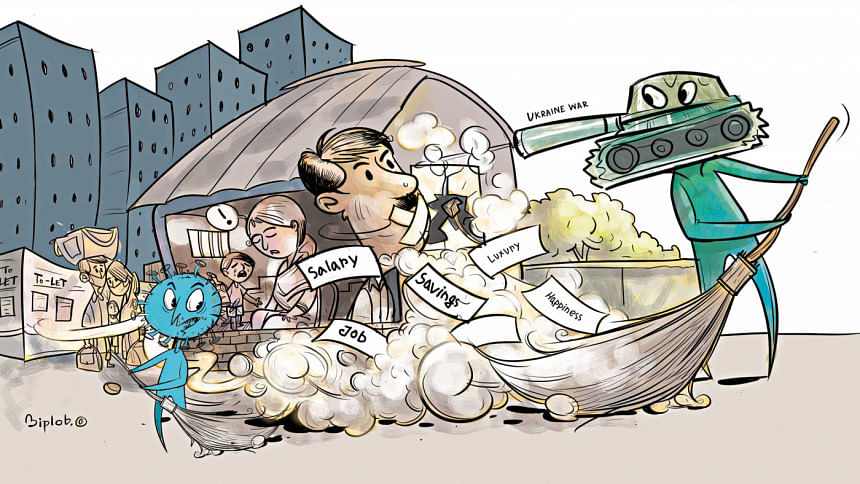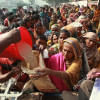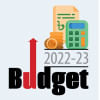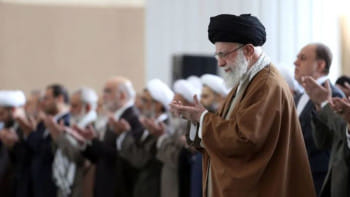Middle class: A slur is all they get

The new budget provides nothing for the uncle next-door who has spent his life pinching pennies in a rented flat, nothing for the millennial slogging away 60 hours a week and still wondering how to pay for their second child's school fees, nothing for the mother hesitating to buy beef for a special day.
In short, there is nothing for the middle-income groups.
In the year in which food expenditure alone can blow off more than half the monthly income of a middle-income family, the only reference that Finance Minister AHM Mustafa Kamal made of them in his budget speech yesterday was when he singled them out as tax evaders.
"The population belonging to the middle classes and above is about 40 million [four crore] in our country, but most of them are not paying income taxes. Hence, necessary steps are being taken to prevent tax evasions and to bring all the people, who have taxable incomes, under the tax net," Kamal said.
In a country of 16 crore people, there are 75.10 lakh registered taxpayers. Of them, only 29 lakh filed returns, according to the minister's speech.
With tax collection accounting for a paltry 7.6 percent of the gross domestic product, Bangladesh has one of the lowest tax-to-GDP ratios in the world.
But with the middle-income group being only about four crore in number, there is no indication that the vast untaxed population of the country is wholly made of them.
"A large portion of those involved in tax evasions are high-income groups," said Dr Fahmida Khatun, executive director of the Centre for Policy Dialogue.
A 2019 research by New York-based research firm Wealth-X had forecasted that Bangladesh will see the third quickest growth in the number of high net-worth individuals in the world in the next five years.
The budget speech makes no mention of tightening the noose around tax invaders from the upper class.
The surcharge, introduced for those with assets worth over Tk 10 crore in the last fiscal year, remains at 10 percent this year too. The income tax rate of 25 percent, introduced in FY 2020-21, reduced from the previous budget's 30 percent, for individuals earning Tk 16 lakh and over per annum also remains rock solid.
On the other hand, strict measures are being taken for tax evaders in general – an act that experts worry would regressively impact the middle classes.
In order to expand the tax net, the government proposes "to introduce provision of disconnecting utility service connections, such as gas, electricity, water etc, in case of failure to pay the undisputed revenue demand of the government."
Dr Fahmida said, "These are stern measures. Such measures could prompt the authorities to discriminately reach for low-hanging fruits. The middle class is an easy target…."
This instance of upbraiding the middle class comes at a time when more than half of the households' monthly income can easily be spent just on food due to the ongoing inflation.
A CPD study published last week found that a basket of 20 common food items, including rice, chicken, fruits, cooking oil for a four-member family in Dhaka city was Tk 21,358 on May 30.
Add to that the minimum house-rent of a three-bedroom flat, expenditure for basic health, hygiene, education, transportation and telecommunication -- the minimum monthly expenditure comes to Tk 70 thousand, which is the entirety of the monthly earning of many middle-income households.
The only way to bring down that expenditure by just Tk 10,000 would be to completely cut off animal protein, except eggs.
This math shows that for many households, there is nary a torn banknote left to save, let alone enough to pay the income tax with.
The budget proposes that subsidised rice be sold at Tk 10 per kg, with microfinance for small traders and Family Cards for the poor. There is, however, no such relief for those who are too rich to be poor or too financially stretched to be rich.
Currently, out-of-pocket healthcare expenditure is 77 percent of the total expenses in this regard, and this will continue to be one of the biggest threats to existence faced by middle-class families because the government's health budget is less than six percent.
At a roundtable session on June 5, Atiur Rahman, former governor of Bangladesh Bank, said this cost can be brought down to 51 percent if the government tripled allocations for the medical and surgical supply sub-sector and filled all the vacancies in government medical centres.
The only thing that younger members of the middle-income groups can look forward to is the rollout of the universal pension scheme from this year onwards.
In spite of these inconsistencies, the budget speech makes this lofty statement -- "The main objectives of income tax are to ensure reduction in income inequality and establish social justice by providing adequate revenue for the overall development of the country, ensuring macro-economic stability and bringing discipline in public financial management through redistribution of wealth with a view to establishing a welfare state."
It remains unclear whose wealth exactly is being redistributed and for whom.

 For all latest news, follow The Daily Star's Google News channel.
For all latest news, follow The Daily Star's Google News channel. 







Comments